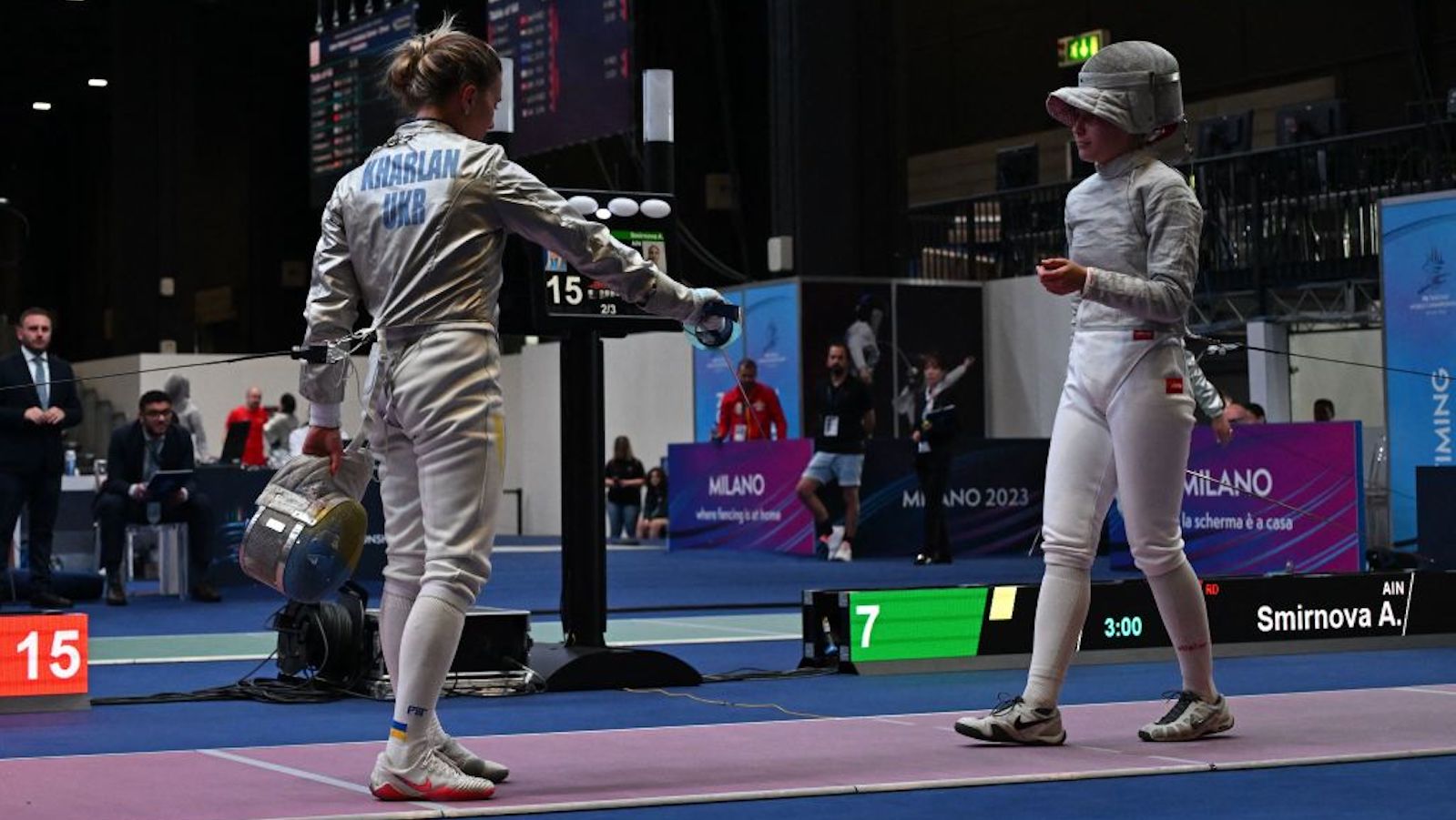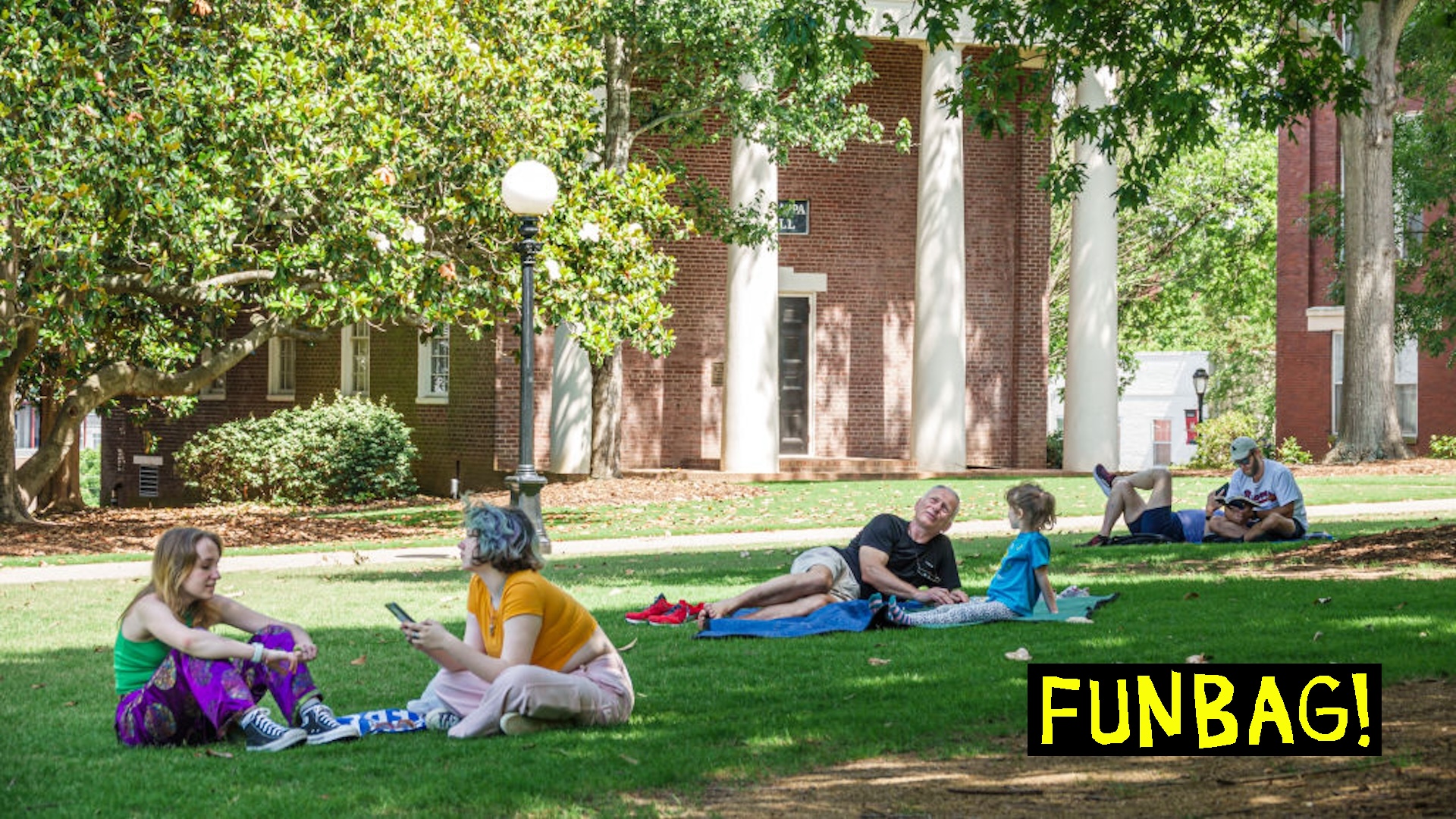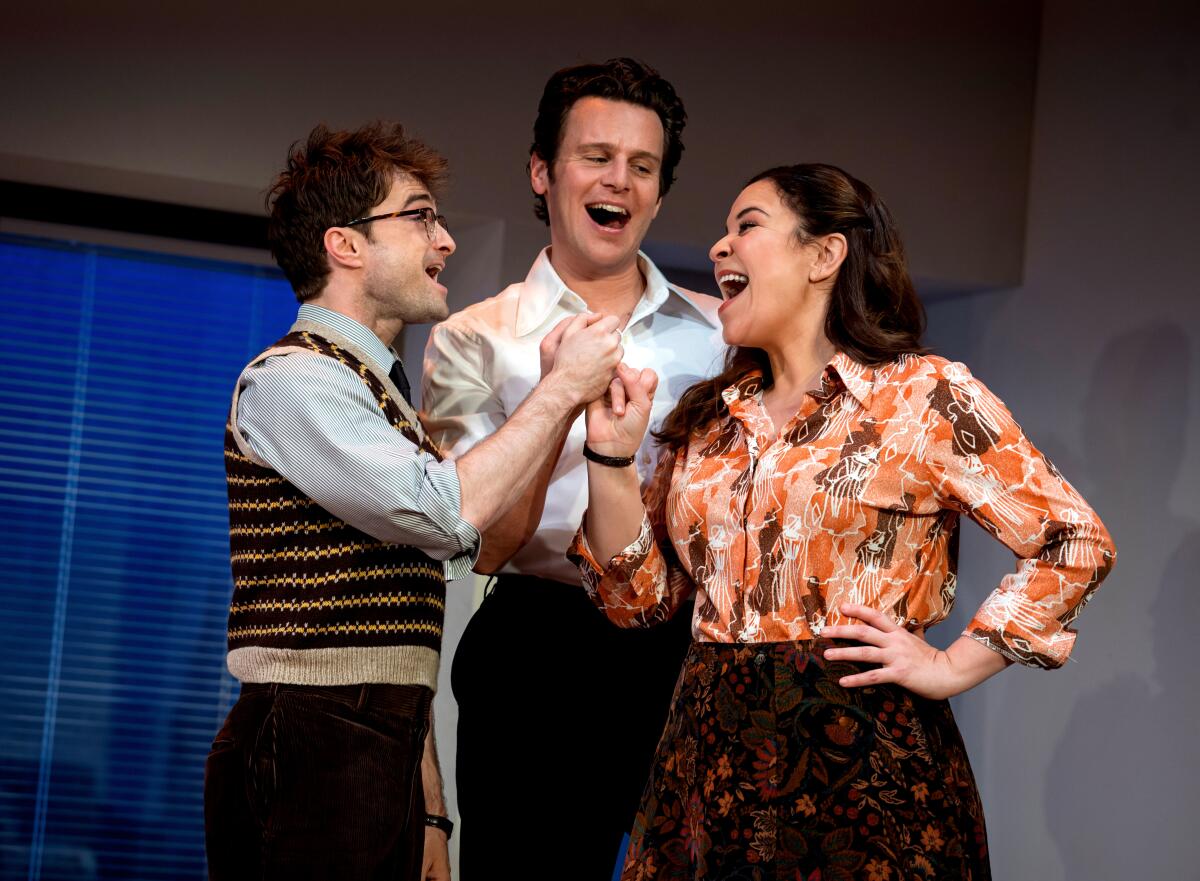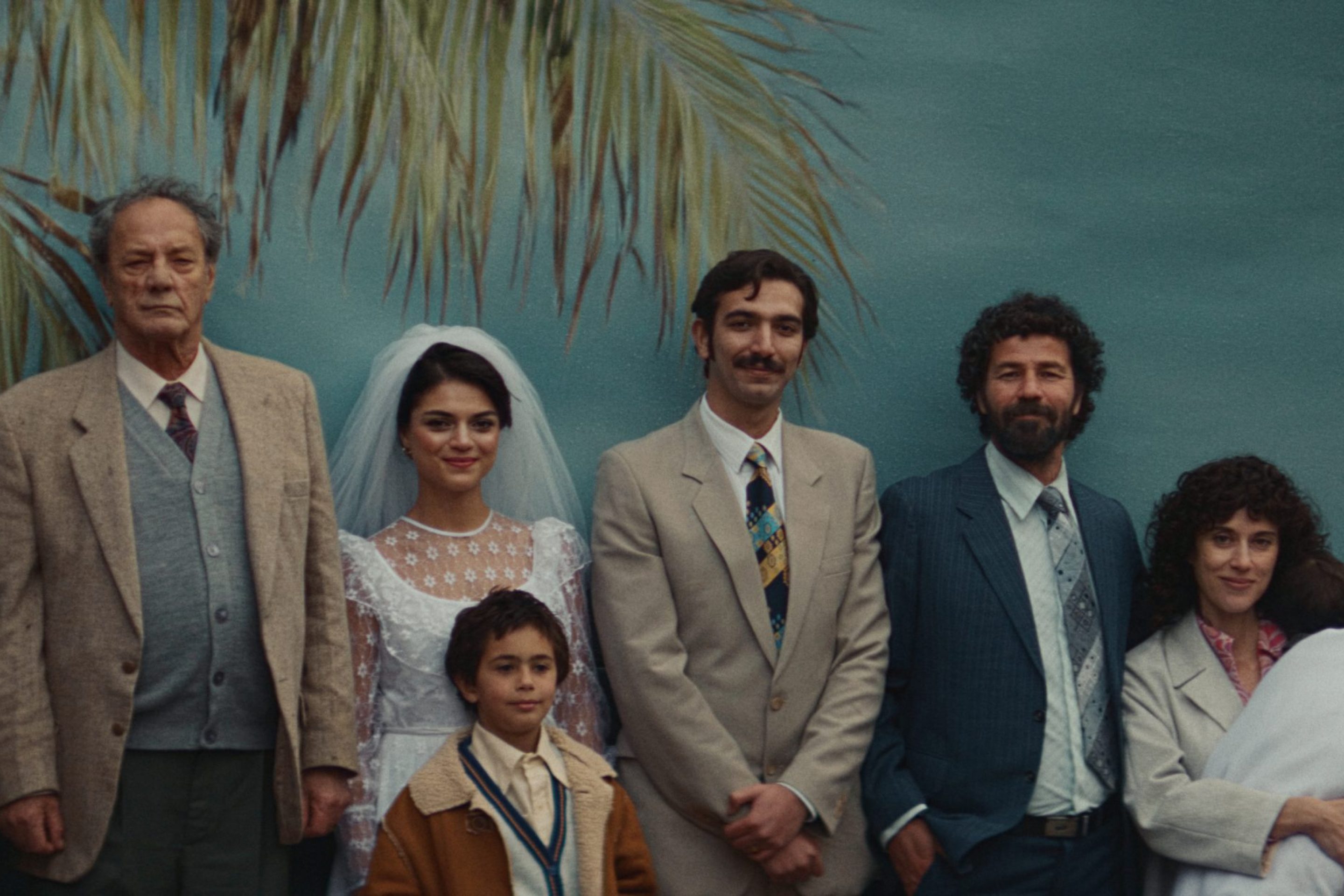In October of 1968, the tanks sat in the streets of Prague and the Prague Spring was crushed under their treads. It had been a briefly glorious summer in Czechoslovakia during a year of considerable global turmoil. Alexander Dubček's reformist “Socialism with a human face” agenda had promised a way out of the grim realities of the Soviet bloc. A newly liberated press had given the Czech people the first look they’d had at what their government had been like under Stalin and his successors. There was wild, happy talk about free elections. Then, on Aug. 21, 1968, 200,000 troops and 2,000 tanks representing the other nations of the Warsaw Pact crossed the borders into Czechoslovakia. That wild, happy talk was silenced.
At the time, the greatest Czech sports hero was a gymnast named Věra Čáslavská. At the 1964 Olympics, she’d won the all-around event and two more gold medals. At the 1966 World Championships, she led the Czech women to a world team title over the mighty USSR. She was an odds-on favorite to clean up at the 1968 Mexico City games. Čáslavská also was a voice for social and political reform, and in the spring of 1968, she had signed the Two Thousand Words, a manifesto calling for a path forward out of Stalinist communism. That made her a person of interest when the tanks came. Čáslavská fled her training center and hid out in the mountains, training under rudimentary improvised conditions not unlike the ones Rocky Balboa used to tune up for Ivan Drago in Siberia. She practiced her floor routines in a meadow. At nearly the last minute, the government allowed her to travel to Mexico.
Čáslavská lived up to her expectations. She won four golds and two silvers in 1968. This required her to share the podium with Soviet competitors. When the anthems played and the flags went up, Čáslavská conspicuously looked down and away from the Soviet flag. Her gesture of defiance went largely unnoticed by the public, and wound up buried under the coverage of the more vivid podium protests by American sprinters Tommie Smith and John Carlos at those Games. It was not lost on the new regime back in Prague, though, and the old regime in Moscow certainly noticed as well. Upon her return, Čáslavská was forced into virtual internal exile for two decades, until the Velvet Revolution happened and Vaclav Havel brought her back for the national celebration she had long deserved. In 1989, Vera Čáslavská was named the head of the Czech Olympic Committee.
The Cold War commingling of sports and politics, and the use of the former to protest elements of the latter, seems to be back in style, specifically regarding the Russian invasion of Ukraine. A few weeks ago, at the World Fencing Championships in Milan, a Ukrainian athlete named Olga Kharlan refused to participate in the usual post-bout handshake with her opponent, Russian Anna Smirnova. Here, from NPR, is what happened next:
Kharlan, who has been a vocal critic of Russia, shook her head and opted for her sabre. Tapping blades has become an acceptable alternative to shaking hands for many fencers since COVID. The two briefly stood still—Kharlan extending her blade, Smirnova keeping hers held back—before Kharlan stormed off. Smirnova stayed at the fencing piste for over 50 minutes to speak to several officials in an apparent protest over the handshake.
NPR
Because the stuffed shirts running Olympic sports haven’t changed very much since 1968, Kharlan was black-carded out of the competition. (In March, the International Fencing Association refused to let American fencers wear Ukrainian flag patches at tournaments overseas.) This time, though, there was international outrage at what had happened; the International Olympic Committee assured Kharlan that she would be welcome to compete at next year’s Games. Faced with a thoroughgoing public relations disaster, the International Fencing Association reinstated Kharlan in time to compete in the team saber event at the World Championships.
A month earlier, three Russian fencers who had fled to the United States as a protest against the invasion of Ukraine had been allowed to fence in the U.S. National Championships in Phoenix. One of them, Konstantin Lokhanov, won the Division 1 saber championship, and Lokhanov has been living his own personal Chekhov short story for over a year.
Back in Russia, Lokhanov had been married to Sofia Pozdnyakova, a double gold-medalist in saber at the 2020 Tokyo Olympics. Her father was Stanislav Pozdnyakov, a legendary Soviet fencer and the president of the Russian Olympic Committee. By all accounts, the marriage broke up over Lokhanov’s opposition to the Russian invasion. In 2022, Lokhanov flew to Atlanta. The elder Pozdnyakov responded to the defection of his former son-in law with a memorable appearance on Gazprom’s sports network. He was glad his daughter and her husband had parted, he said:
I confirm the information. I believe that upbringing and love for the motherland allowed Sofia not to share the sad fate of frightened lovers of raspberry frappe and yellow scooters.
NYT
I am not sure why loving raspberry frappes is supposed to be scary, nor do I think yellow scooters are any more dangerous than scooters of any other color, but maybe the translation was bad. Or maybe Papa Pozdnyakov took one too many bell-guards to his noggin during his career. But, undaunted, Lokanhov stayed and is now coaching in California.
I have never quite understood why fencers—and saber fencers in particular—have been so prone to getting involved in international intrigue. But the cross-pollination between Warsaw Pact fencing coaches and American club and coaching opportunities hit high tide a couple of years after the Wall came down. With the coaches came the stories, and some of the stories were wowsers. Ian Fleming died too soon.
At the same 1968 Olympics at which Vera Čáslavská took her stand, the men’s individual saber event was won by Jerzy Pawlowski of Poland. Pawlowski was an extraordinary talent; it was said he had eight different ways of advancing on an opponent. A multi-Olympic medalist and a seven-time world champion, Pawlowski's control of his blade was exquisite. He also was a showman. He was known to score hits on the outside of the fingertips of an opponent’s sword hand. Other fencers referred to this as “the manicure.”
Off the strip, he lived as high as any other Soviet bloc athlete ever had, tooling around Warsaw in a vintage Mercedes, gambling with both hands. Then, in 1974, while he still was competing internationally at the highest level, Jerzy Pawłowski disappeared. Nobody knew anything. But the truth began to filter out. Jerzy Pawłowski was a NATO spy.
The shockwaves spread throughout the Soviet bloc’s athletic establishments. One of Pawlowski’s contemporaries, fencing at that time for the USSR, once told me that, on the weekend of Pawlowski’s arrest, the entire Russian team had been put into lockdown and questioned by the KGB. When he spoke to me, he whispered the Soviet acronym for KGB, as though someone might be listening. Considering that we were in a cafeteria in Austin, I found this unlikely, but old habits etc.
Over 100 Polish fencers also were interrogated, and not altogether politely. The head of the Polish Navy lost his gig. Pawlowski was convicted and sentenced to 25 years in prison. His friend, novelist Jerzy Kosiński, used Pawlowski as a model for one of his characters. In a novel called Blind Date, interrogators break the Pawlowski character’s arm. This never happened to the real Pawlowski, but there are still some of his contemporaries who believe it did.
According a 2005 obituary published in The Independent, he was released, finally, in 1985. Brought to a bridge with several other convicted spies, Pawlowski refused to cross it, choosing to remain in Poland. In 1991, a Polish magazine (Truth and Life) reported that, since 1955, Pawlowski had been spying for the Polish regime, informing on teammates who talked of defecting. In 1962, realizing that Pawlowski really was only in it for the money, the Polish authorities cut him off his side gig, which may or may not have been when he went to work for NATO. In retrospect, it seems that, off the piste, Pawlowski was a pure mercenary. He ended his life working near Warsaw as a faith healer, which figures.
That we now seem to be in another age of activist athletes is something to be celebrated. In addition, there seems to be a level of public support that was not there in the 1960s, but that support remains shot through with existing bias and ancient prejudice. There was an almost universal revulsion over the devil’s bargain the PGA Tour cut with the bone-saw crew in Riyadh but, at the same time, there was too much straight MAGA in too much of the reaction to the defeat of the U.S. women’s national team at the World Cup. At least, this time around, the battle for hearts and minds seems to be a fair fight.
Both Olga Kharlan and Konstantin Lokhanov were warmly applauded for their stands in defense of Ukraine, and there certainly will be more of this as the 2024 Olympics approach. Paris could well be the Mexico City of the 21st century. I suspect Vera Čáslavská will be looking down happily, away from the flags, and sipping on a raspberry frappe that tastes like freedom.






